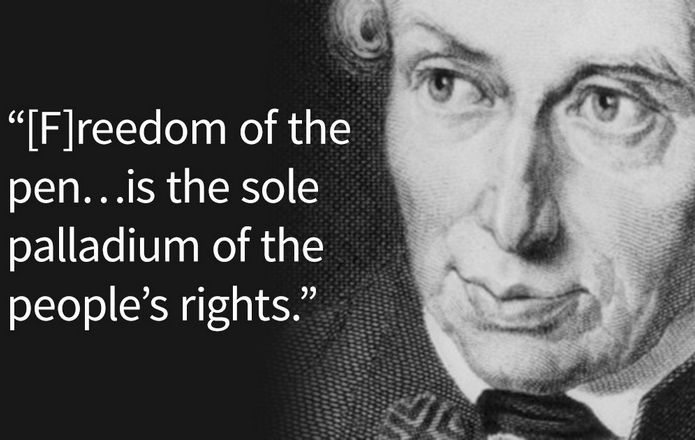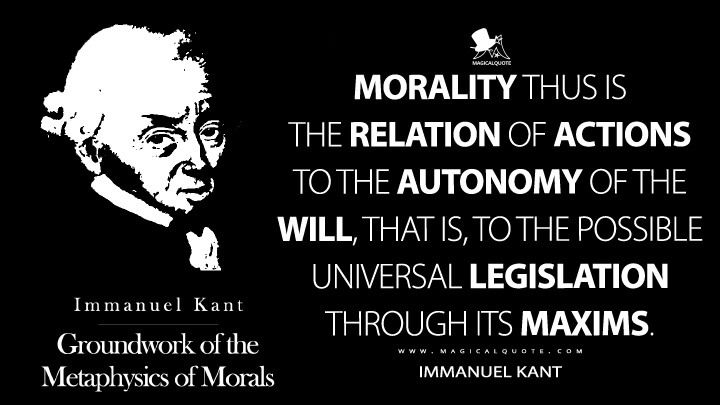Immanuel Kant supported the idea of autonomous thinking
According to Kant, those who dared to be intelligent helped to create the Enlightenment era. He emphasized the value of having independent thought and not deferring to anyone's authority. Many idealist philosophers of the 19th century were influenced by his writings, and many philosophers of the 20th century were interested in them.
Kant expanded on the notion of moral autonomy as having control over one's behavior. Kant connected the concept of self-government to morality by urging the will to determine its guiding principles rather than allowing our political leaders, pastors, or society to set them for us. Rather than being obedient to an externally imposed law or religious precept, one should be obedient to one's self-imposed law. He referred to the first as heteronomy and the second as autonomy. He outlined enlightenment as "the human being's emergence from his self-incurred minority" in his article "What is Enlightenment," and he urged his readers to have the guts to apply their knowledge "without direction from another" (Kant 1996, 17). Though Kant's account is closely related to what we could recognize as personal autonomy today, it is strongly rooted in his moral philosophy.










